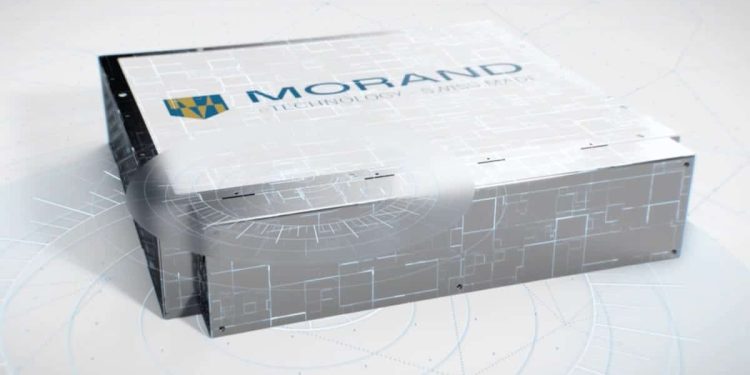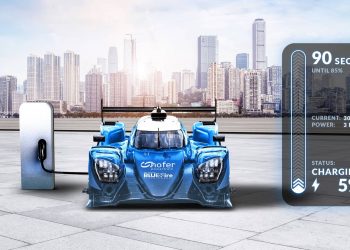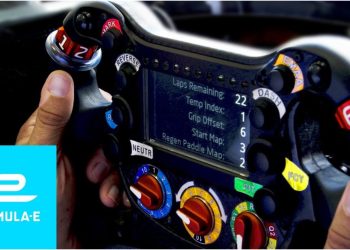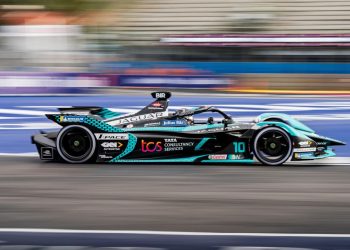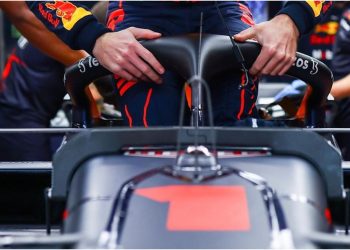What until recently seemed like a dream could become a reality that will revolutionize the world of technology and electric mobility. From Switzerland, the startup Morand is conducting tests to charge an electrified car in just 72 seconds.
It is “eTechnology“, based on a hybrid system using traditional battery technology and ultracapacitors. This new hybrid electric battery structure would be a highly influential factor in the future adoption of electric vehicles.
In addition to its efficient charging time, another attribute of eTechnology, according to Morand, is the fact that it can also offer a much longer service life than the lithium-ion batteries traditionally used in electric vehicles.

Lee también:Season 8 Balance: This is How Formula E’s Rookies Performed
Morand’s Data
After testing a prototype of its eTechnology solution, the company reported that its battery specimen can be recharged to 80% in just 72 seconds, 98% in two minutes and fully recharged in 2.5 minutes.
It should be noted that, according to the organization, these reported charging times do not apply to the larger battery packs, over 100 kWh, used in the most demanding electric vehicles.
Morand explains that this technology is suited to small city cars, such as the Citroën Ami, which has a 5.5 kWh battery. Similarly, this resource could also be useful for drones and electric bicycles, which require fast response times thanks to fast charging.
Likewise, the Swiss startup reported that it has tested its eTechnology prototype for more than 50,000 charge cycles, ensuring that its innovation shows the potential required to retain energy for many more charge and discharge cycles than a traditional lithium-ion battery.
Another highlight of this development is that the technology employed works efficiently even in extreme temperatures, setting an exception to the rule that currently applies to conventional batteries used in electric vehicles.
About Morand
Morand was founded by former Formula 1 driver Benoît Morand, who played a crucial role in the development of the Hope Racing Oreco 01 Hybrid, the first hybrid prototype to start at the 24 Hours of Le Mans more than ten years ago.
Today, the company is pursuing the goal of applying energy technologies developed for motorsport to everyday solutions that contribute to the transition to clean energy.





